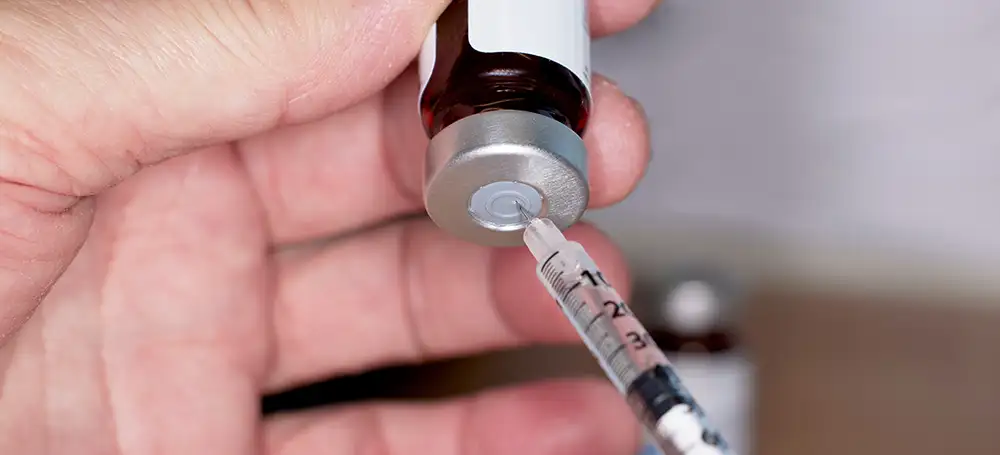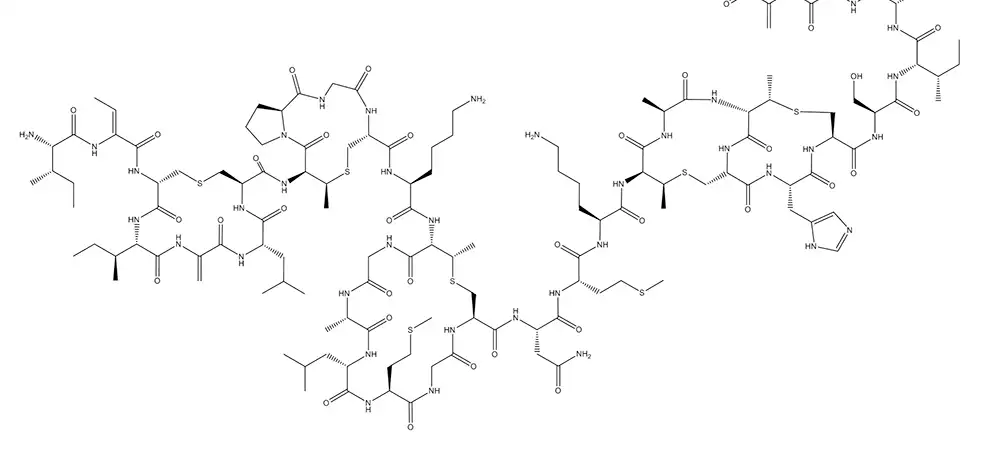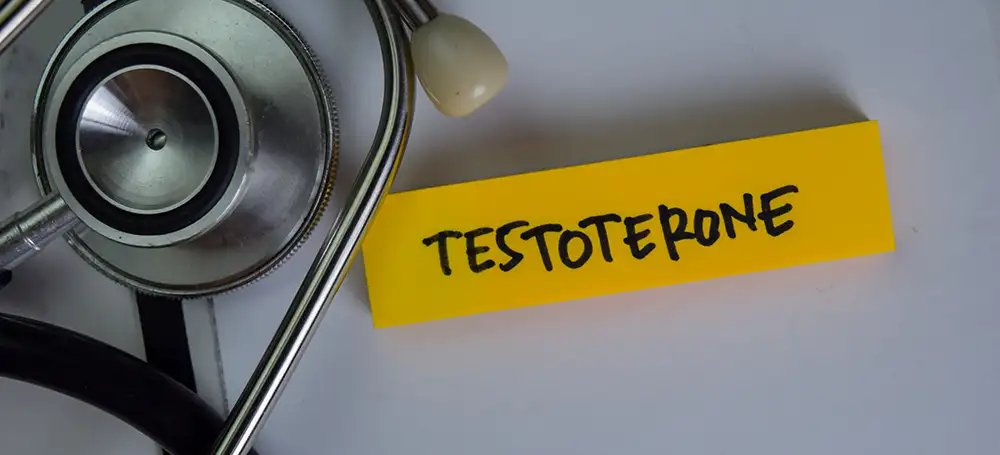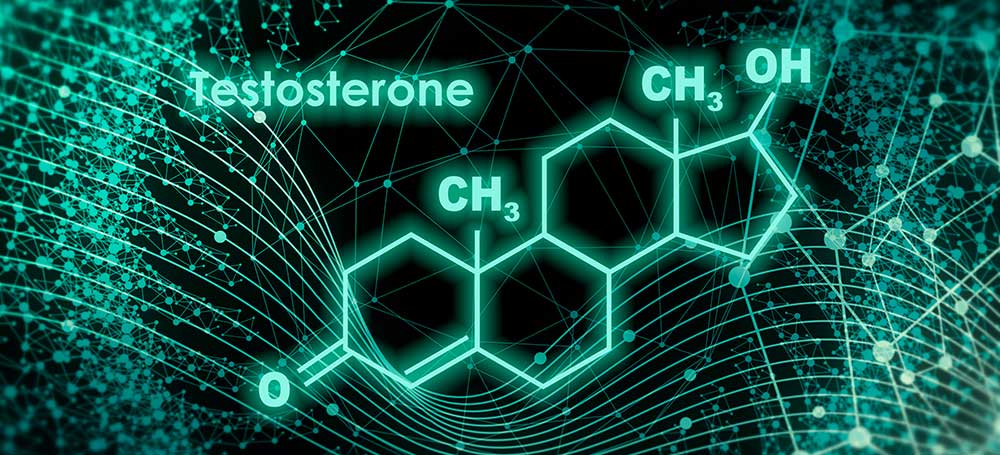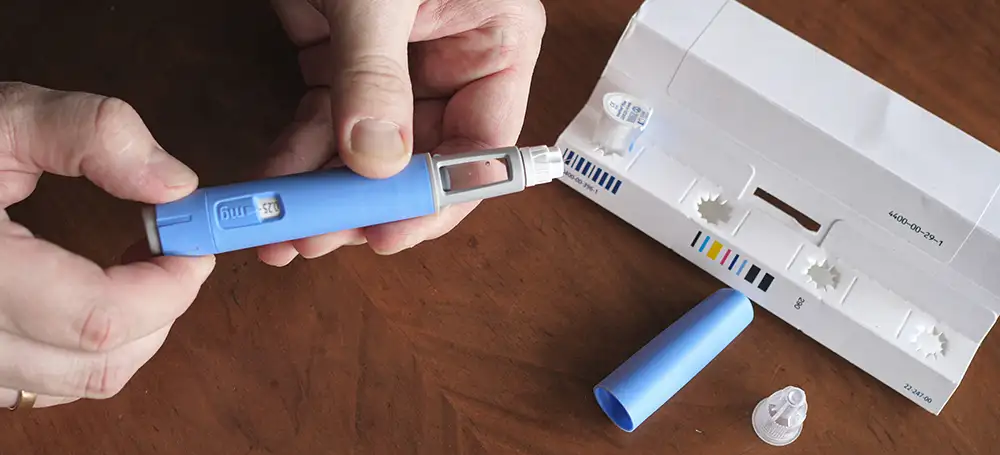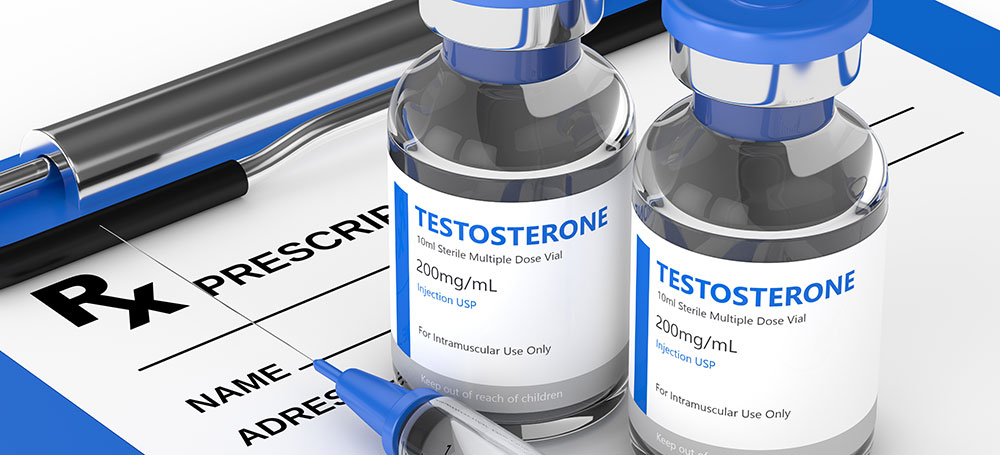(And Why You Need to See a Doctor About Low Testosterone)
Maybe you suspect your testosterone levels are low. You’ve felt drained of energy, and there was that time in the bedroom that you don’t want to think about. Then you see an ad for a testosterone booster. Just click, and it can be delivered to your mailbox in a plain brown wrapper. Why not try it? What could go wrong?
Actually, more could go wrong than you realize. Those products claiming to boost testosterone levels may not contain the ingredients they claim to have. And if you don’t have low testosterone (or even if you do), some of them can be downright dangerous. Start here to separate fact from fiction and learn about the real solutions for low testosterone that are available to men in Boston, Massachusetts.
Why Men Try Over-the-Counter Testosterone Supplements
Testosterone is a powerful hormone that helps men feel strong and vital. It’s fundamental to the male sex drive and to sexual function — but its importance goes far beyond the bedroom. Your muscle strength and mass, your confident mood, your unflagging energy — all of those are affected and even driven by testosterone.
When a man suffers from testosterone deficiency, he feels less of a man. His confidence flags. He gains weight and loses muscle. He feels fatigued and mentally foggy. Sex doesn’t seem to matter much, and he may have difficulty achieving or sustaining an erection.
Unfortunately, many men are reluctant to see their doctor about these concerns. You might not feel the concerns are serious enough to warrant a doctor’s visit. You might be confused about the possible solutions. For instance, many people confuse testosterone therapy with taking anabolic steroids — which means you may be concerned about side effects that don’t apply to you.
When you see ads for an over-the-counter product that claims to boost your testosterone levels, it’s tempting to click the purchase button. But what happens if you try these untested supplements? Do they do what they claim to do? And how dangerous might they be?
Do Over-the-Counter Testosterone Supplements Actually Work?
You’ll read a lot of claims in the marketing for over-the-counter products that claim to boost testosterone. Many such products claim that they deliver vitamins, minerals and other ingredients that encourage your body to produce testosterone naturally. However, it’s crucial to remember that this type of over-the-counter product is not inspected or regulated, so there’s no guarantee that the claims made are legitimate.
Fortunately, several scientific studies have gone into investigating these claims, including a notable 2019 study from the University of Southern California. This study shows that while 90% of these supplements claimed to boost testosterone, only 24.8% of them actually could provide data to support their claims. And some supplements provided data that provided their claims were false: 10.1% of “testosterone boosters” actually resulted in a decrease in testosterone levels, and 18.3% resulted in no change in testosterone levels.
The bottom line: more than 75% of the men shelling out cash for these purported “testosterone booster” supplements were wasting their money. And, in some cases, they were actually purchasing supplements that contained ingredients in dangerous levels. In particular, many supplements contained significantly higher amounts of zinc, magnesium, and vitamins B12, B6, B5, and B3 than recommended by regulatory guidelines, sometimes in dangerously high doses.
In some cases, even when over-the-counter supplements do technically raise testosterone levels, they aren’t very effective. They may raise a man’s testosterone level by about 20%, but not enough to get his testosterone levels back into the normal range. In addition, these products typically don’t show the positive side effects of testosterone replacement therapy, with little effect on muscle mass, mood or energy levels.
Are Over-the-Counter Testosterone Supplements Safe?
One of the dangers associated with over-the-counter testosterone supplements is the lack of health monitoring. If you’re taking a supplement that actually does increase testosterone levels, your body will also increase its production of red blood cells. Without monitoring and correct dosages, you can end up with too many red blood cells, increasing your risk of blood clots. That, in turn, increases your risk of stroke, pulmonary embolism, or heart attack. If you don’t have a doctor monitoring your overall health, you could be putting yourself in real danger by taking unregulated supplements.
There are additional potential risks, some of them still being studied, associated with over-the-counter supplements. They can cause fluid retention, and they may increase the risk of prostate cancer. In addition, they can be unsafe for men who are overweight, whose bodies may convert excess testosterone to the female hormone estradiol in unsafe levels.
Testosterone Supplements vs. Testosterone Replacement Therapy
If supplements that claim to boost testosterone are sketchy, how do they compare to testosterone replacement therapy delivered by a physician? Does testosterone replacement therapy do what it claims to do?
First, you should understand why testosterone replacement therapy may be necessary for some men. Testosterone, which is the primary male hormone, revs up into full production starting at puberty, and it keeps going strong for 20 years or so. However, testosterone production starts to decrease for many men in their 30s. Most men’s testosterone levels drop about 1% per year.
For some men, that means their testosterone levels drop below the normal range of 300 to 1,000 nanograms per deciliter. When testosterone levels drop below normal, you can experience some concerning symptoms, including fatigue and exhaustion, lack of mental focus, weight gain and loss of muscle mass, mood swings and depression and, of course, a decrease in sex drive and sexual function. This last set of symptoms is most often what drives men to seek help.
Most of those symptoms, of course, can have other causes. That’s one reason why seeing a doctor to be tested for low testosterone is vital. If your blood tests reveal that you do in fact suffer from testosterone deficiency, you may be a prime candidate for testosterone replacement therapy.
Testosterone replacement therapy, which is only delivered by licensed, experienced physicians, raises your hormone levels back to normal amounts. It improves not only the primary sexual dysfunction symptoms that may have driven you to a men’s health clinic in the first place, but also the other symptoms of low testosterone. Through one therapy, you can help resolve your issues with weight gain, mood swings, depression, loss of muscle mass, and fatigue.
Unlike those supplements claiming to boost testosterone levels, testosterone replacement therapy is approved by government agencies. That’s because it has been proven in clinical studies to raise testosterone levels safely and reliably. Most men can expect to see real improvement in their symptoms over a series of weeks, with full functionality and sexual health restored within a maximum of 6 months. Because testosterone replacement therapy is customized to each man’s needs, you get the right dosage, and regular monitoring makes sure your overall health is protected.
Why A Doctor Should Oversee Your Testosterone Therapy
Self-medication is never a good idea — and that’s especially true if you’re concerned about hormone levels. Setting aside the very real concern that you don’t know what you’re putting into your body when you opt for unregulated supplements, hormone therapy of any type should be supervised by a physician for many reasons, including dosage control and the need for monitoring. Take a look at some of the key reasons you should seek a doctor’s advice and oversight if you’re considering testosterone therapy.
Testing for Low Testosterone
To confirm that you actually have testosterone deficiency, you need to be tested — and that means heading to a men’s health clinic or doctor’s office. There could be many reasons for your weight gain, low sex drive, or depression, and your doctor can help you find the real causes.
In addition, if your low testosterone levels are confirmed, it’s important to understand the causes of the deficiency before treatment. Yes, testosterone levels drop naturally with age — but low testosterone can also be caused by pituitary disorders, cancer, chemotherapy, overly high levels of protein, congenital disorders, sleep apnea, and more. The right treatment for you depends in part on the cause of your low testosterone. Your doctor can help you find the reason for your symptoms so you can be treated properly.
Finding the Right Treatment and Dosage
If your doctor determines that testosterone replacement therapy is the right choice for you, you still have several decisions to make. Testosterone therapy can be delivered in several ways, each of which has pros and cons for your lifestyle and needs.
Testosterone gels are easy to apply, as you just rub them on your upper arm — but it can be dangerous for other people to get their hands on the gel (literally), so men with children in the house often prefer another type of treatment. Testosterone injections only require visits to the doctor every few weeks, but some men would prefer to stay away from needles. Testosterone pellets that are placed under the skin of the buttocks and don’t need any action for several months are ideal for many men, but doctors may prefer a method that requires more monitoring if you have other health concerns. Testosterone patches work like nicotine patches, but some men may not be comfortable baring their arms in public with a patch on.
Your doctor can walk you through the choices and help you make the right decision. In addition, your doctor will make sure you are receiving the right dosage of testosterone therapy. Two men receiving the same dosage may respond very differently, and their doctors may want to calibrate the dosages for each man in different directions. When you’re in close touch with your doctor regarding your testosterone replacement therapy, your doctor can make any adjustments to your therapy as needed.
Health Monitoring During Testosterone Therapy
Your doctor wants to monitor your health while you undergo testosterone replacement therapy for good reason. Physicians who specialize in hormone imbalances are well aware of the potential side effects and will pay attention to your own medical history to make sure you’re getting the treatment you need safely.
These specialists also understand how difficult it can be to discuss the issues that lead to the need for testosterone replacement therapy, and they’re ready to offer compassionate care while keeping a close eye on your symptoms, your response to treatment, and your dosage levels.
Effective Testosterone Replacement Therapy in Boston, Massachusetts
If you suspect that your testosterone levels are low, your first step should be to get those levels tested. At Boston Vitality, we look at your blood test results within the greater context of your overall health and wellness. We’ll go through your symptoms with you, see what the tests reveal, and help you decide on the right treatment plan.
There’s no need to resort to untested, unreliable over-the-counter supplements. That’s because, as the foremost expert in men’s health in Massachusetts, Boston Vitality is available to help you get real treatment in an environment that’s safe, discreet, and reliable. We’re ready to put you on the path to being vigorous and healthy again. Contact us today to see how we can help.




